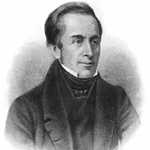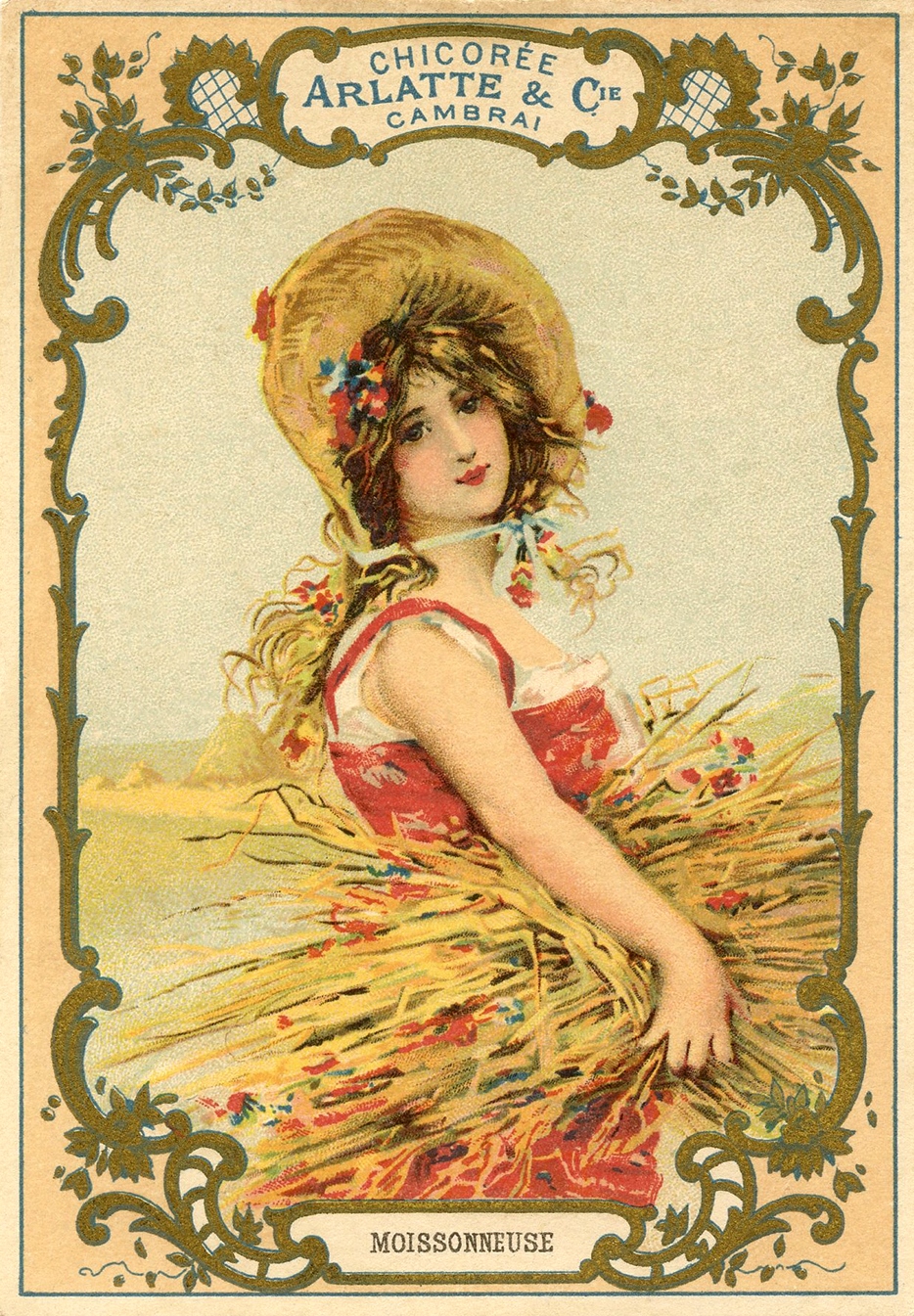 Thomas Hood (1799-1845) was an English poet, journalist, essayist, and humorist. Though he wrote tender love poems, undoubtedly to his wife to whom he was devoted, he took on social issues of the day and is best known for more serious work. His poem, The Song of the Shirt (1843), for instance, is a lament for a poor London seamstress who was compelled to sell the shirts she made, the proceeds of which lawfully belonged to her employer, in order to feed her malnourished and ailing child.
Thomas Hood (1799-1845) was an English poet, journalist, essayist, and humorist. Though he wrote tender love poems, undoubtedly to his wife to whom he was devoted, he took on social issues of the day and is best known for more serious work. His poem, The Song of the Shirt (1843), for instance, is a lament for a poor London seamstress who was compelled to sell the shirts she made, the proceeds of which lawfully belonged to her employer, in order to feed her malnourished and ailing child.
Ruth
She stood breast high amid the corn,
Clasped by the golden light of morn,
Like the sweetheart of the sun,
Who many a glowing kiss had won.
On her cheek an autumn flush,
Deeply ripened;—such a blush
In the midst of brown was born,
Like red poppies grown with corn.
Round her eyes her tresses fell,
Which were blackest none could tell,
But long lashes veiled a light,
That had else been all too bright.
And her hat, with shady brim,
Made her tressy forehead dim;—
Thus she stood amid the stooks,
Praising God with sweetest looks:—
Sure, I said, heaven did not mean,
Where I reap thou shouldst but glean,
Lay thy sheaf adown and come,
Share my harvest and my home.
Serenade
Ah, sweet, thou little knowest how
I wake and passionate watches keep;
And yet while I address thee now,
Methinks thou smilest in thy sleep.
‘Tis sweet enough to make me weep,
That tender thought of love and thee,
That while the world is hush’d so deep,
Thy soul’s perhaps awake to me!
Sleep on, sleep on, sweet bride of sleep!
With golden visions of thy dower,
While I this midnight vigil keep,
And bless thee in thy silent bower;
To me ’tis sweeter than the power
Of sleep, and fairy dreams unfurl’d,
That I alone, at this still hour,
In patient love outwatch the world.
I Love Thee
I love thee—I love thee!
‘Tis all that I can say;
It is my vision in the night,
My dreaming in the day;
The very echo of my heart,
The blessing when I pray:
I love thee—I love thee!
Is all that I can say.
I love thee—I love thee!
Is ever on my tongue;
In all my proudest poesy
That chorus still is sung;
It is the verdict of my eyes,
Amidst the gay and young:
I love thee—I love thee!
A thousand maids among.
I love thee—I love thee!
Thy bright and hazel glance,
The mellow lute upon those lips,
Whose tender tones entrance;
But most, dear heart of hearts, thy proofs
That still these words enhance.
I love thee—I love thee!
Whatever be thy chance.
